 THE ORIGIN OF TORQUE
THE ORIGIN OF TORQUE
English
Use accurate torque controls to improve quality! Case examples can be found in torque handbook 10
The Origin of Torque
The word ‘torque’ generally means the ‘twisting moment’ or ‘turning moment’ and is widely used as an engineering term. However, torque meant ‘necklace’ in ancient times. The Celts who conquered ancient Europe wore these around their necks as a symbol of being a nobleman and also as a good luck charm for going into battle. The origins of torque are derived from these unique personal ornaments.
The name ‘torque’ was given by the ancient Romans, who in Latin described these necklaces as twisted and spiral screw-shaped using the word ‘torquere’, meaning ‘twisting’ and ‘turning’. The spiral pattern was a sacred symbol of the soul for the Celts and these personal ornaments came to represent the enemies of the Romans.
In recent times, torque is no longer thought of as the twisting of Celtic necklaces, but rather ‘torque’ shows the degree of screw and bolt tightening and the rotational force of engines. The purpose is no longer that of a good luck charm in battle, but torque still carries with it the charms of safety and power.
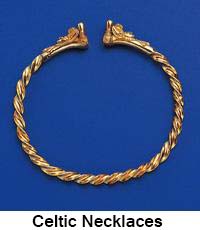
Mayumi Tsuruoka, Professor at Tama Art University (formerly professor at Ritsumeikan University)
Brief Profile
Born in 1952. After graduating from Waseda University Graduate School of Literature, she studied overseas at Dublin University in Ireland, researching medieval Celtic culture and decorative manuscript art. Her first book in 1989, “Keruto: Soshokuteki Shiko” (Celtic Art: Idea of Ornamentalism) (Chikuma Shobo Publishing), sparked a surge of interest in Celtic culture in Japan. She has been a professor at Ritsumeikan University since 1996.

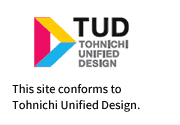

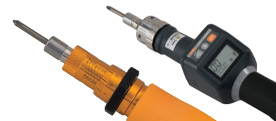
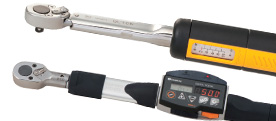
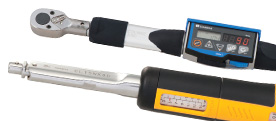
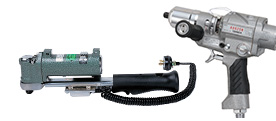
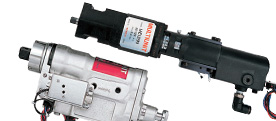
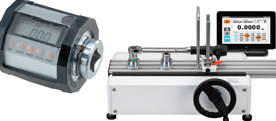
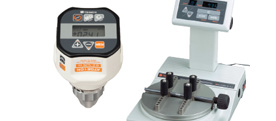
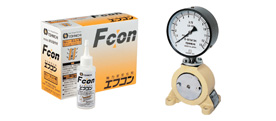
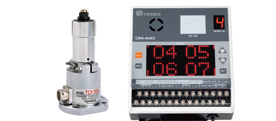
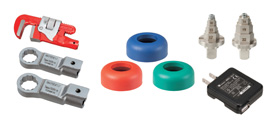

 GLOBAL HOME
GLOBAL HOME